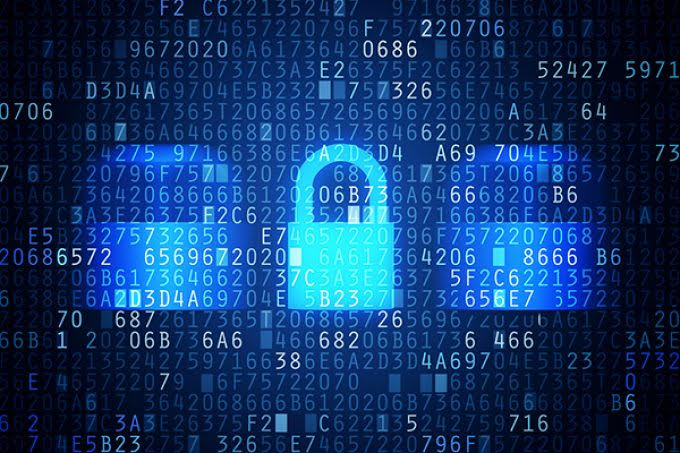PRIVACY: Should the government be able to acquire cellular data without a warrant?
By Andrew Carlson, Editor
“The right of the people to be secure in their persons, houses, papers, and effects, against unreasonable searches and seizures, shall not be violated, and no Warrants shall issue, but upon probable cause, supported by Oath or affirmation, and particularly describing the place to be searched, and the persons or things to be seized.” This sentiment is expressed in the Fourth Amendment of the U.S Constitution.
As technology has continued to revolutionize our everyday lives, the debate for protection of cellular privacy has too. This summer, after 14 U.S. technology companies filed briefs with the Supreme Court for more specific warrant requirements to search cell phone data, the Supreme Court agreed to hear the momentous case Carpenter v. United States. This long-pending case will decide whether government obtainment of cell-site data is an overreach of the Fourth Amendment.
Over a period of two years, there was a string of armed robberies on cellphone supply stores in Detroit. One of the perpetrators, Timothy Carpenter, was convicted with evidence from warrantless acquisition of “cell site information” for Carpenter’s phone “at call origination and at call termination for incoming and outgoing calls.” Carpenter filed for an appeal, claiming these cell records violated his Fourth Amendment rights.
This case raises two crucial questions: First, is the acquisition of cellular records a Fourth Amendment search? And second, if it is a search, is it a search that requires a warrant? The leading argument for keeping cell phone laws the way they are is the “third party doctrine,” which states that searches are not a violation of the Fourth Amendment if an individual knowingly releases information to a third party or the public. In past cases, the argument made by the United States was since “cell-phone users presumably understand that their phones emit signals that are conveyed to their service providers,” the Fourth Amendment is not threatened when police use cell-site data to build a criminal case. According to the Stored Communications Act, law enforcement acquisition of location data is protected if the police have probable cause or reasonable suspicion.
However, in light of technological advancements that have occurred since 1986, when the Stored Communications Act was first enacted, new guidelines and requirements need to be enacted. Cell phones are no longer 3000-dollar bricks that were faulty at best and only owned by the rich. In this day and age, cell phones are becoming a necessity in many adult lives. Therefore, acquiring cell phone location records without a warrant is clearly a violation of the Fourth Amendment. To simply take someone’s records without a reasonable warrant is not justifiable, yet it is happening across the country. New laws need to come into place for new times, and cell phone privacy needs to be incorporated with them.
It is the Supreme Court Justices who will have the final say in the end. Carpenter v. United States was approved on June 5, 2017, and the date of the trial is still pending.

